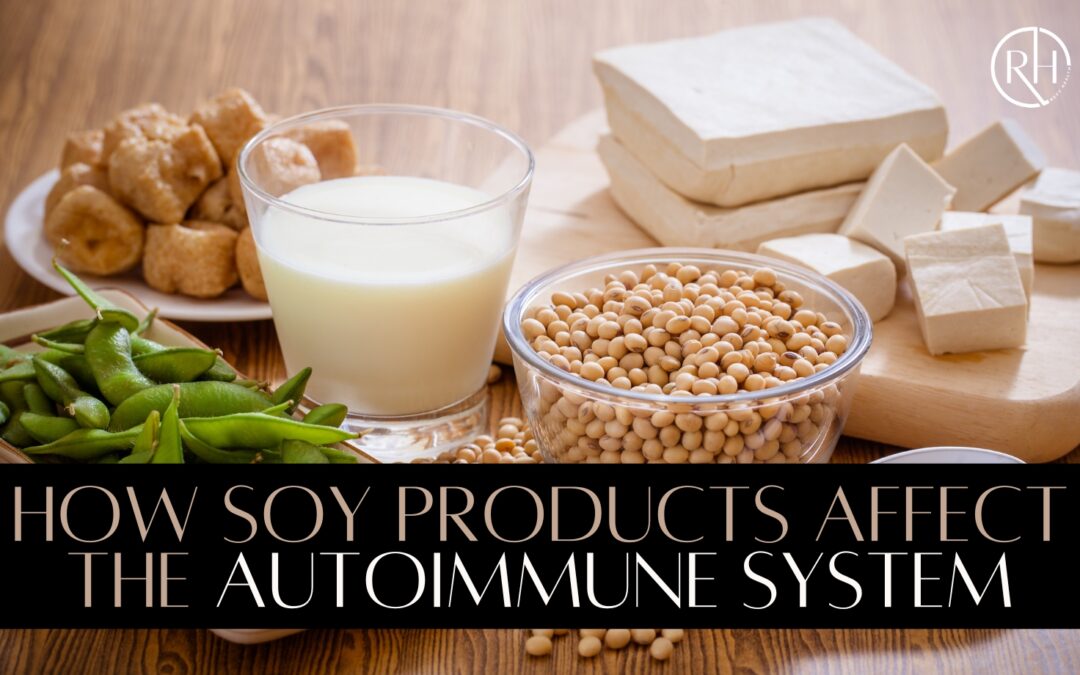Have you noticed all the warnings on the foods you buy today? Whether in the supermarket or a restaurant, you will see notifications on food labels and menus warning that products have gluten, soy, nuts, shellfish, and so on.
Almost everyone knows whether they are allergic to shellfish or nuts, and most people have learned about celiac or other gluten-intolerant conditions. But what about soy? Isn’t soy supposed to be healthy? After all, many people who want to reduce their meat, gluten, and dairy intake have often turned to products like tofu, soy-based chips and crackers, and soy milk. But recent studies indicate that soy products can have adverse health effects, particularly for people with autoimmune disorders.
What Qualifies as an Autoimmune Disorder?
The immune system is part of your body’s defense system. The immune system protects you from bacteria and viruses by triggering responses designed to kill or rid the body of them: fever, sneezing, vomiting, and so on. Your immune system also responds when there is a traumatic injury, sending white blood cells to injured tissues. This incredibly complex system uses specialized cells, organs, and proteins to detect and respond to threats. Many of the organs involved are in the endocrine system – the system of hormone-producing glands that includes the thymus, pituitary, thyroid, pineal, and pancreas.
Your immune system is also responsible for your allergies: whether it is pollen, peanuts, or strawberries, your body treats these allergens as invaders demanding an immune response. The result can be a rash, sneezing, or other reactions intended to eliminate the “toxin” from the body. Severe allergic reactions are generally swift and can be life-threatening without immediate treatment.
Autoimmune disorders are a bit different. They are a common problem; it is estimated that 1 in 15 people in America has some autoimmune disorder, and statistics indicate that those numbers are increasing.
While certain foods can trigger autoimmune responses, many are systemic and chronic. An autoimmune disorder is when your immune system begins to attack healthy tissue from something otherwise not life-threatening. Some of the more well-known autoimmune disorders include celiac disease, Type 1 diabetes, lupus, Graves’ disease, Hashimoto thyroiditis, multiple sclerosis, and rheumatoid arthritis. Some autoimmune conditions, like psoriasis, maybe more unsightly or bothersome than life-altering. Still, all usually require some therapeutic response to manage symptoms and problems. Sometimes, this therapy is pharmaceutical, but in other cases, diet plays a significant role.
How Soy Can Affect Your Immune System
So what about soy? Unfortunately, soy products have been linked to triggering autoimmune responses, as well as exacerbating problems for people with pre-existing autoimmune issues. This means that people with autoimmune conditions may be harming themselves by consuming soy products, even as they think they are improving their diets.
When you think of soy products, you often think of tofu, miso, soybeans (edamame), soy sauce, soy milk, and many vegetarian and vegan alternative foods (like plant-based burgers, nuggets, cheese, and so on). But soy is more prevalent than you think. Soy products are commonly used in prepared foods as an additive because of their emulsifying (e.g., soy lecithin) and preservative properties. In other words, even if you do not specifically seek out soy products as an alternative to meat or dairy, you still ingest a fair amount of soy if you eat processed foods.
Soybeans are high in something called isoflavones, a type of plant estrogen. Isoflavones act as a natural fungicide for the plant, but in humans, it can raise the overall serum estrogen in the body. When soy consumption is high, heightened serum estrogen levels have been found to affect fertility in both men and women. In addition, researchers have found that soy products can shrink the thymus gland, which produces the white blood cells that are critical for fighting infection.
Studies on the effects of soy products on the body are ongoing, including studies on whether the serum-estrogen levels associated with soy consumption can contribute to thyroid problems. The thyroid is critical to producing antibodies, which help the body fight off bacteria and viruses. In addition, the thyroid regulates the production of cytokines – proteins that regulate the body’s response to inflammation.
While some researchers believe that, despite adverse indications, soy-based foods still provide offsetting health benefits, more and more studies are discovering that people who have autoimmune disorders should limit their intake of soy-based foods. In particular, because soy is difficult to digest and is high in phytic acid, some health professionals believe it can inhibit the body’s ability to absorb essential minerals like iron, iodine, zinc, and calcium, which are critical to optimal endocrine system function.
Learn More From REVV Health
Our current culture has many conflicting messages about what and what not to eat. It can be confusing, but it can also lead to people going to extremes with their diets. Soy is a good example of a popular food trend that may not give people the nutrients and health benefits they think they are getting. For people with autoimmune disorders, soy may be harmful rather than helpful.
Because your immune system depends on the proper functioning of the endocrine system, it is critical to find out, first, whether your hormone levels are in balance. The endocrine system regulates all of your body’s functions, and your health depends on hormone optimization, particularly if you have an autoimmune issue.
At REVV Health, we believe in focusing on the fundamentals of health. Diet is critical to good health, and the first step in any good health plan, including diet, is to fully understand your challenges. Only then can you take the steps that move you in the right direction.
Our process begins with an in-depth blood analysis that tells us what your levels are for key health indicators, letting us know whether your endocrine system is functioning properly. We then provide a personally tailored regimen of specially formulated natural compounds designed to get your body functioning as it should. Our plans are not based on a food fad but on proven methods to help your body perform at its peak. To find out more about how REVV Health can help you live your best life, contact REVV today.


